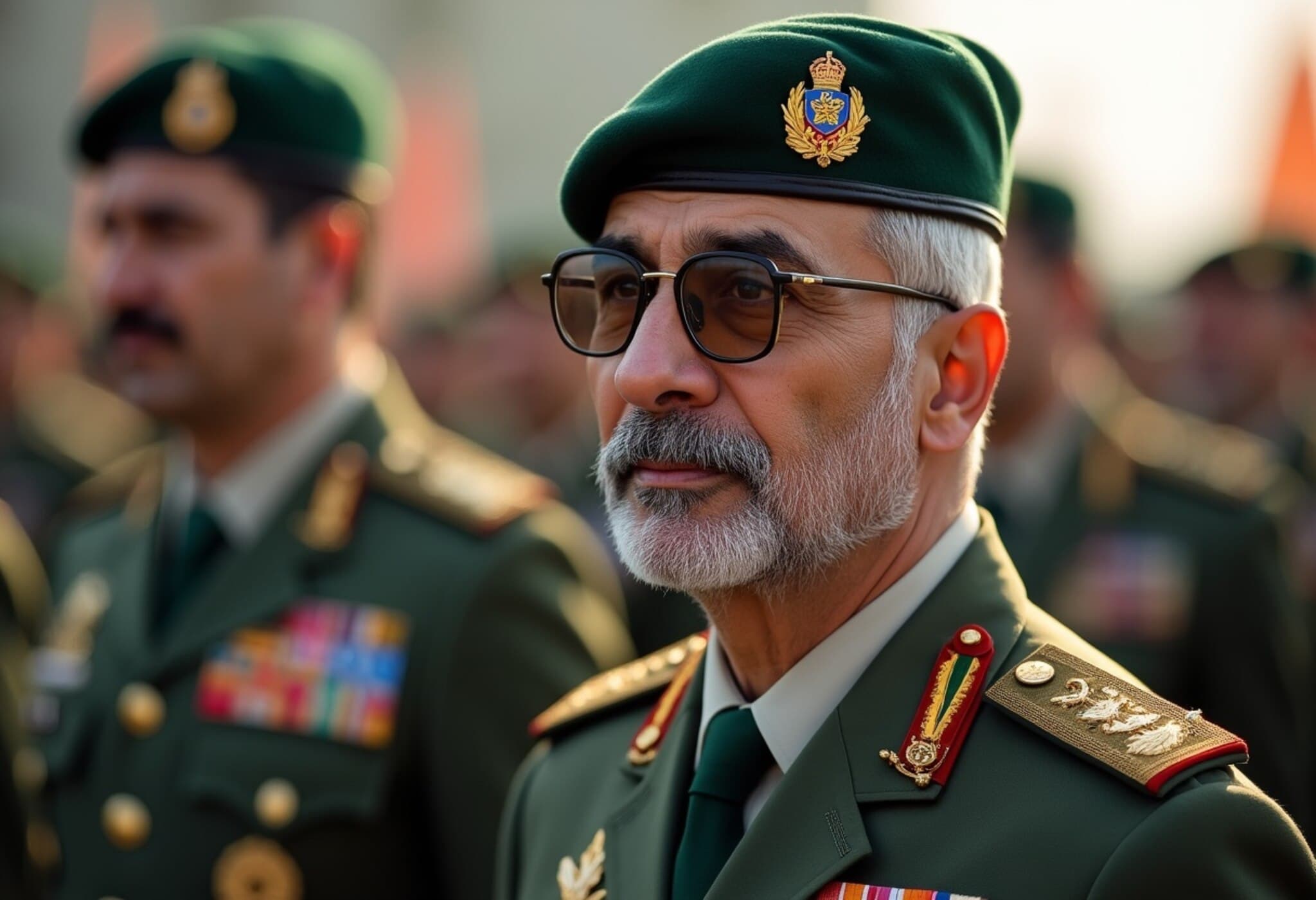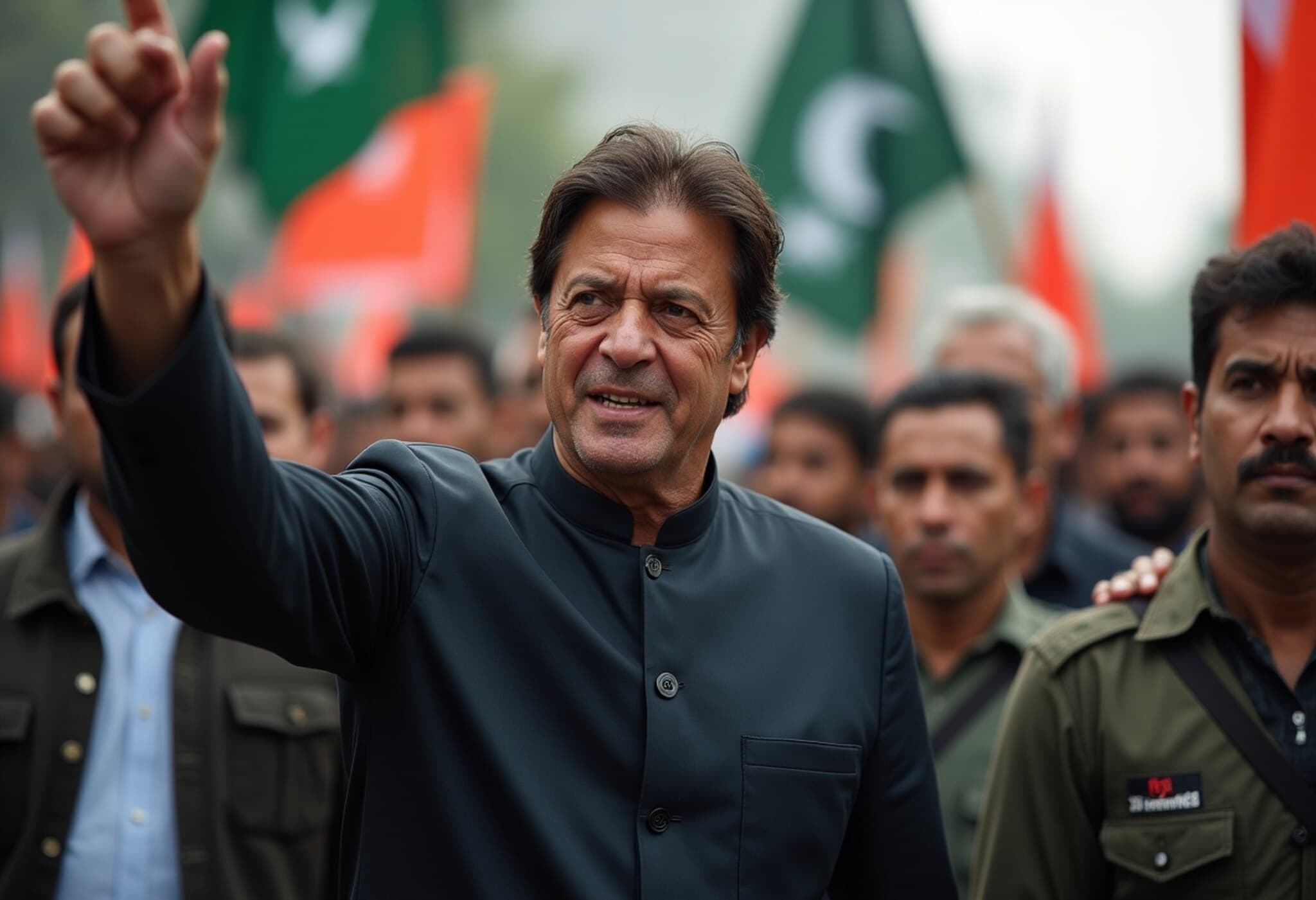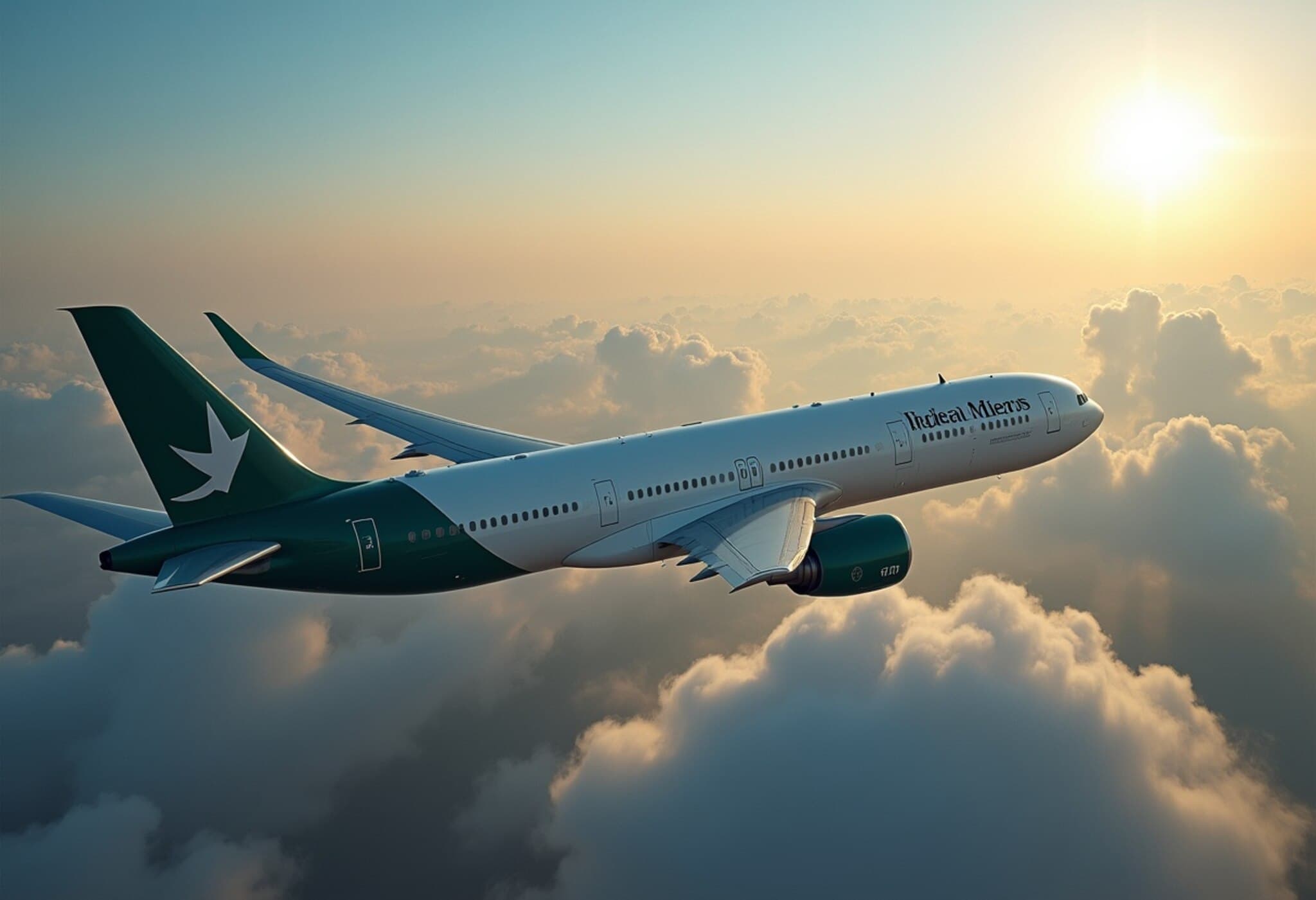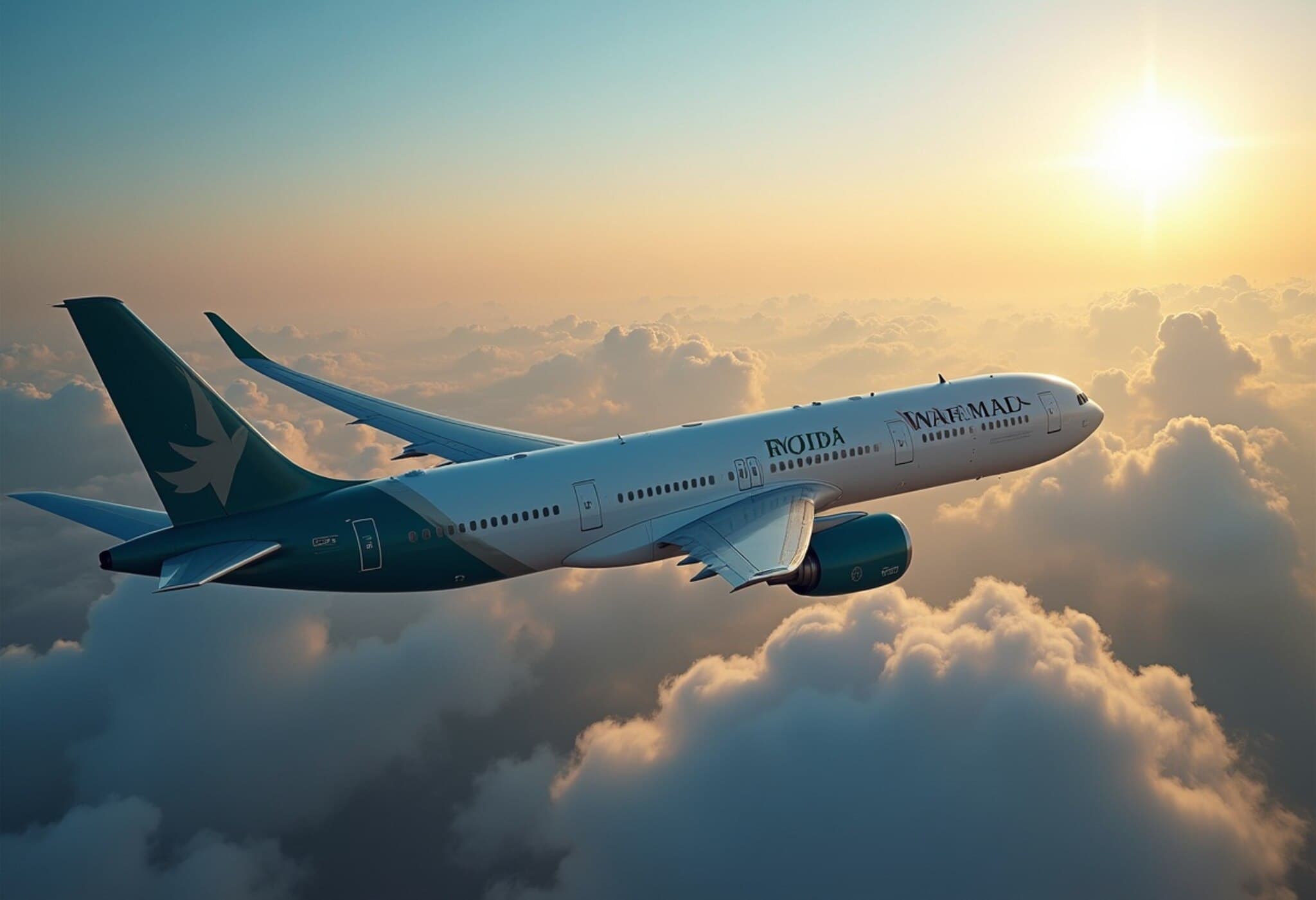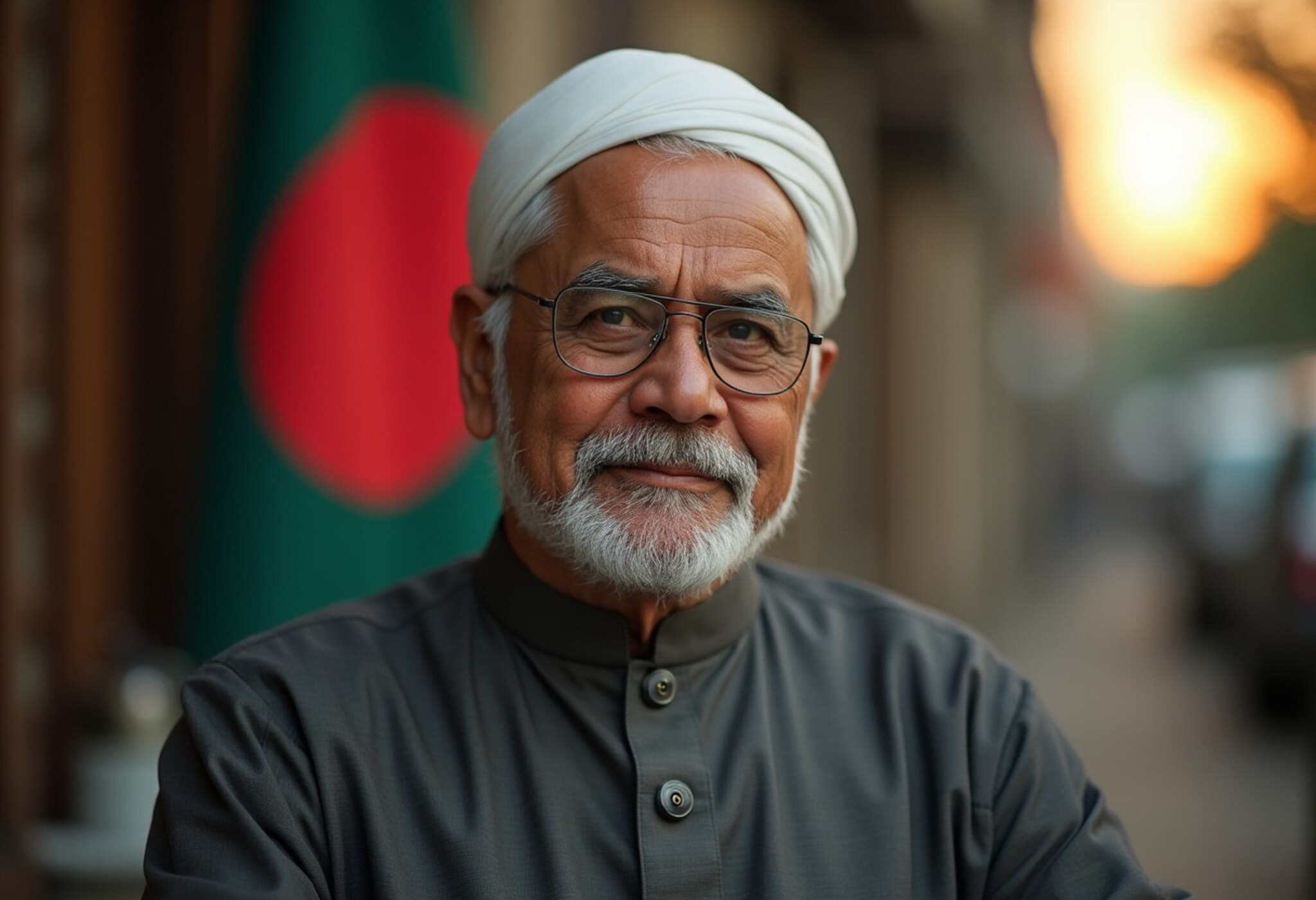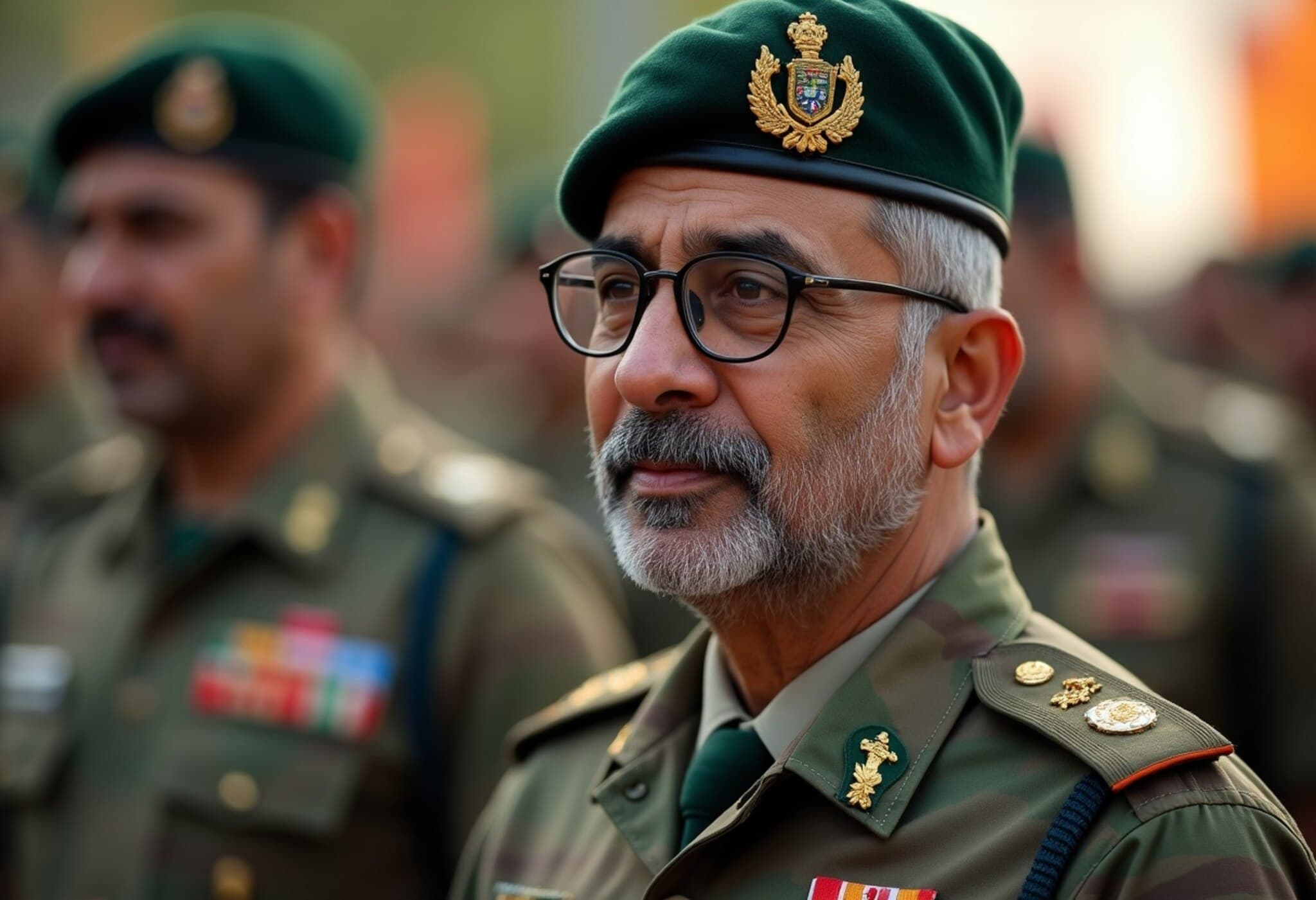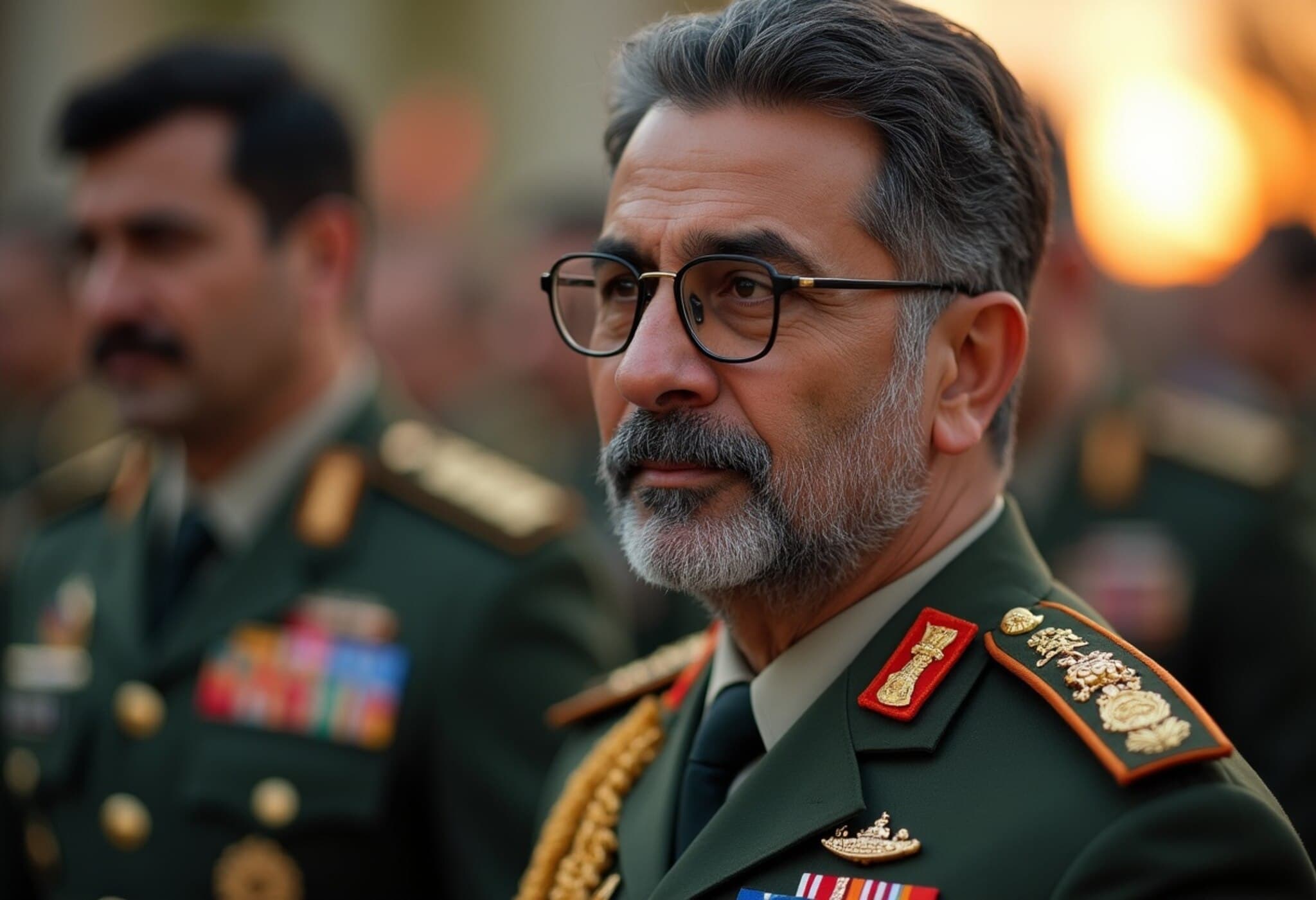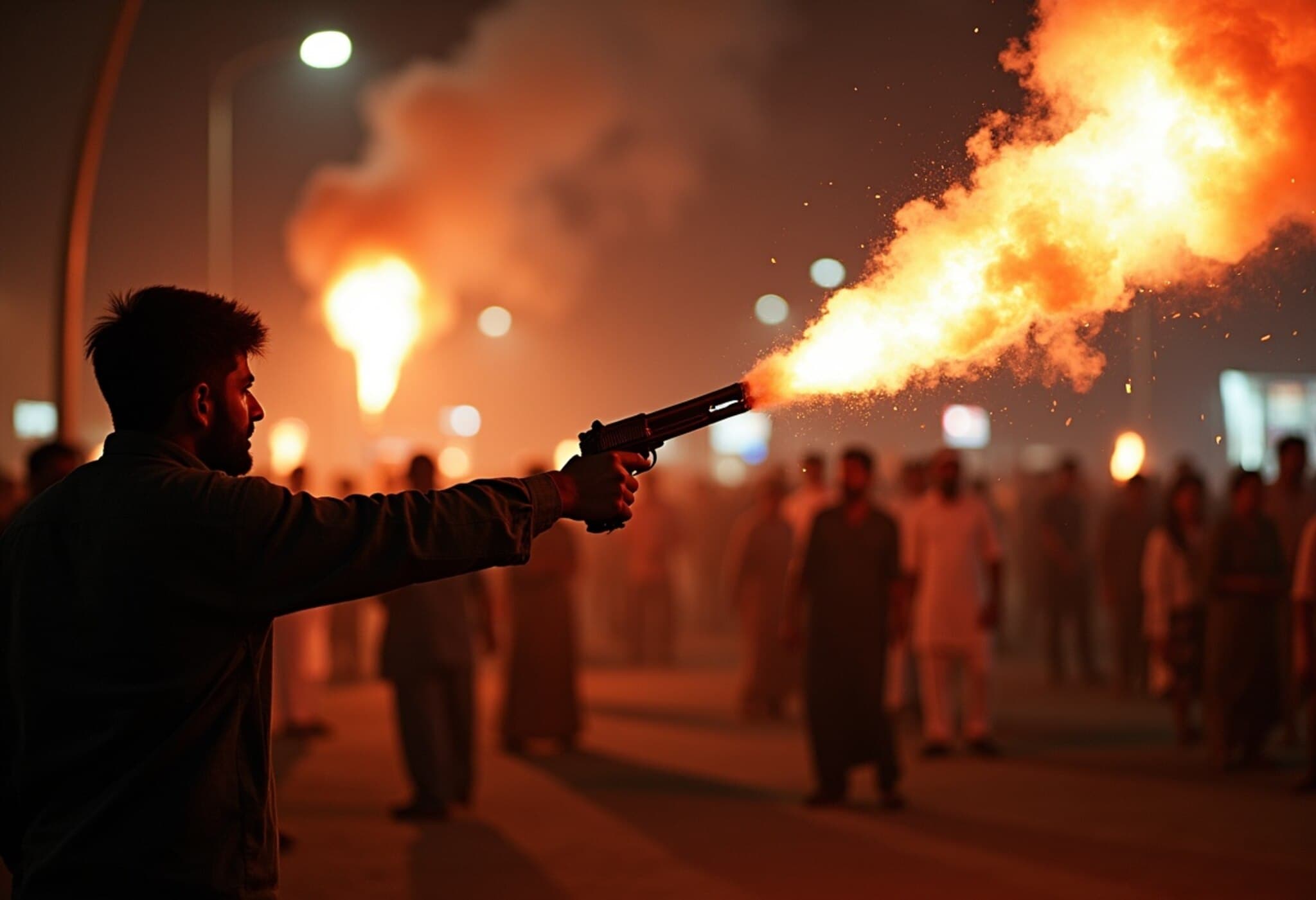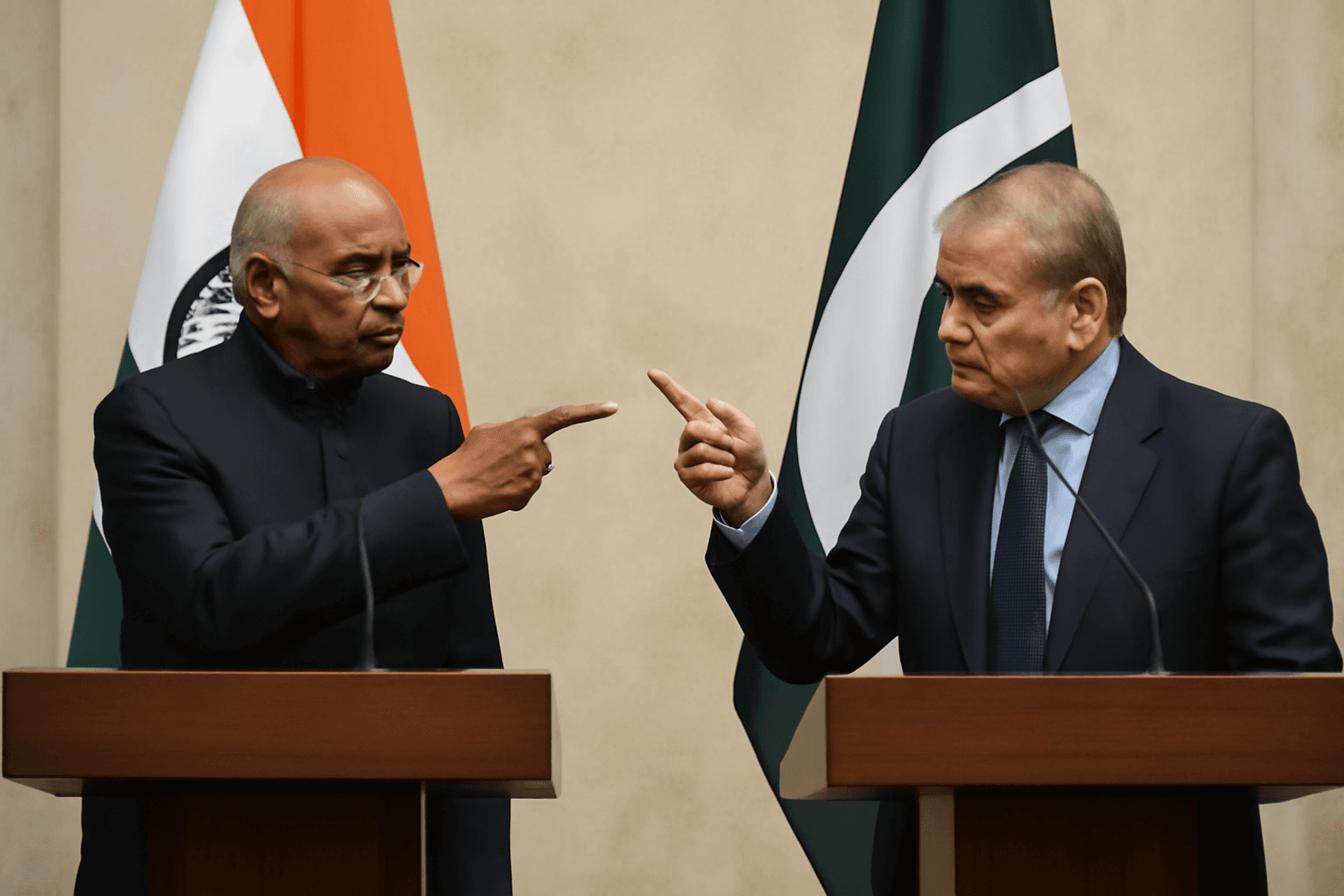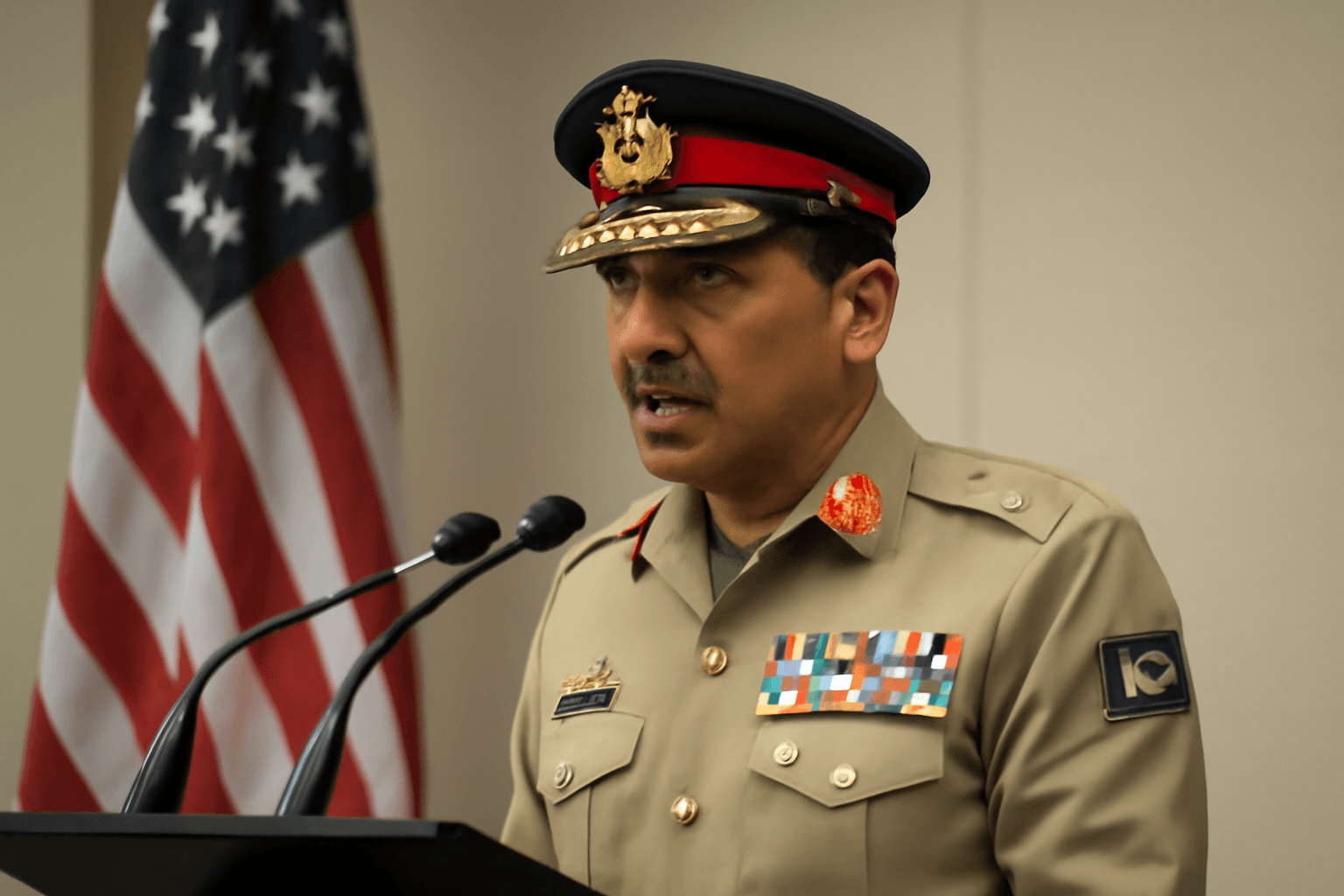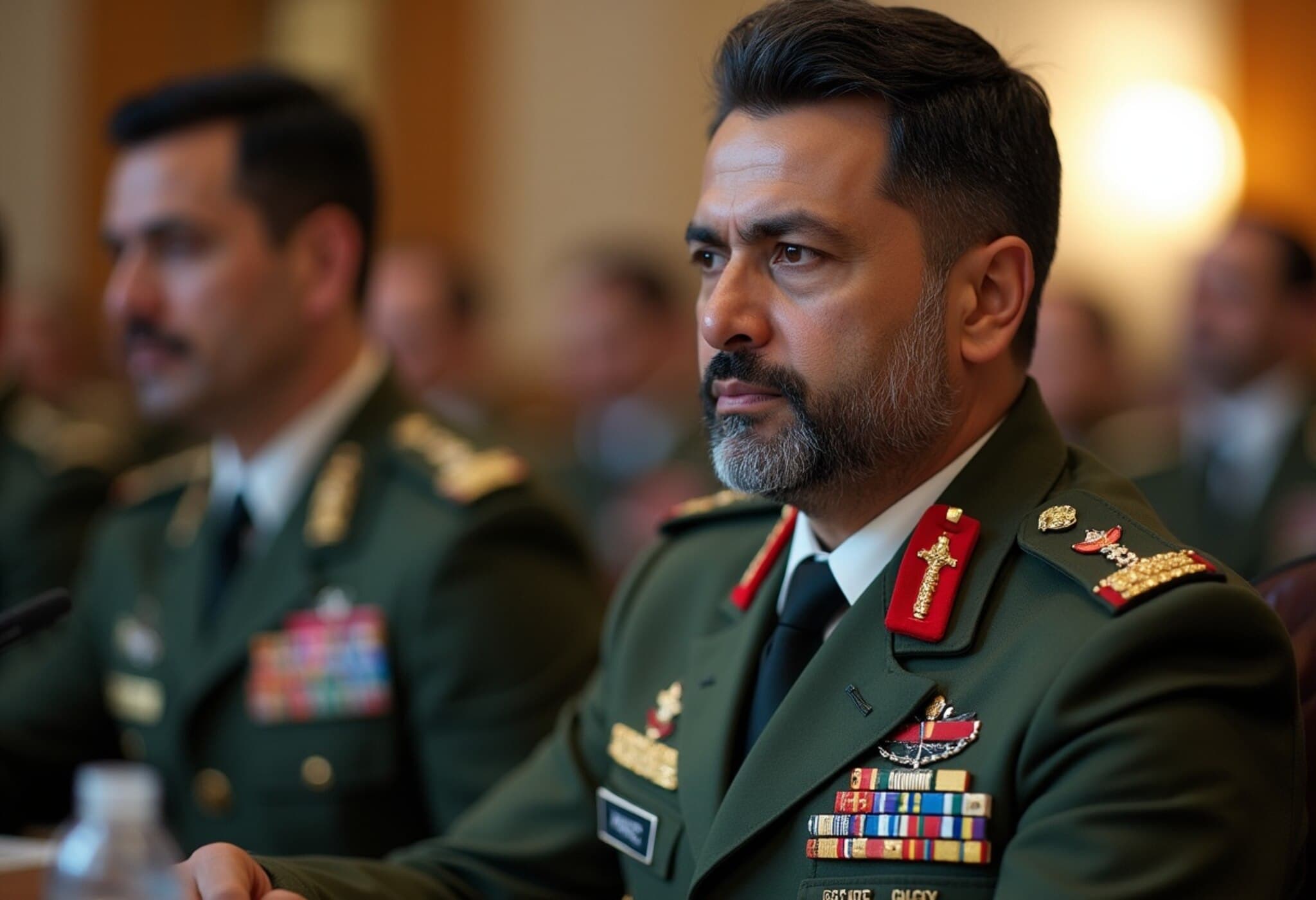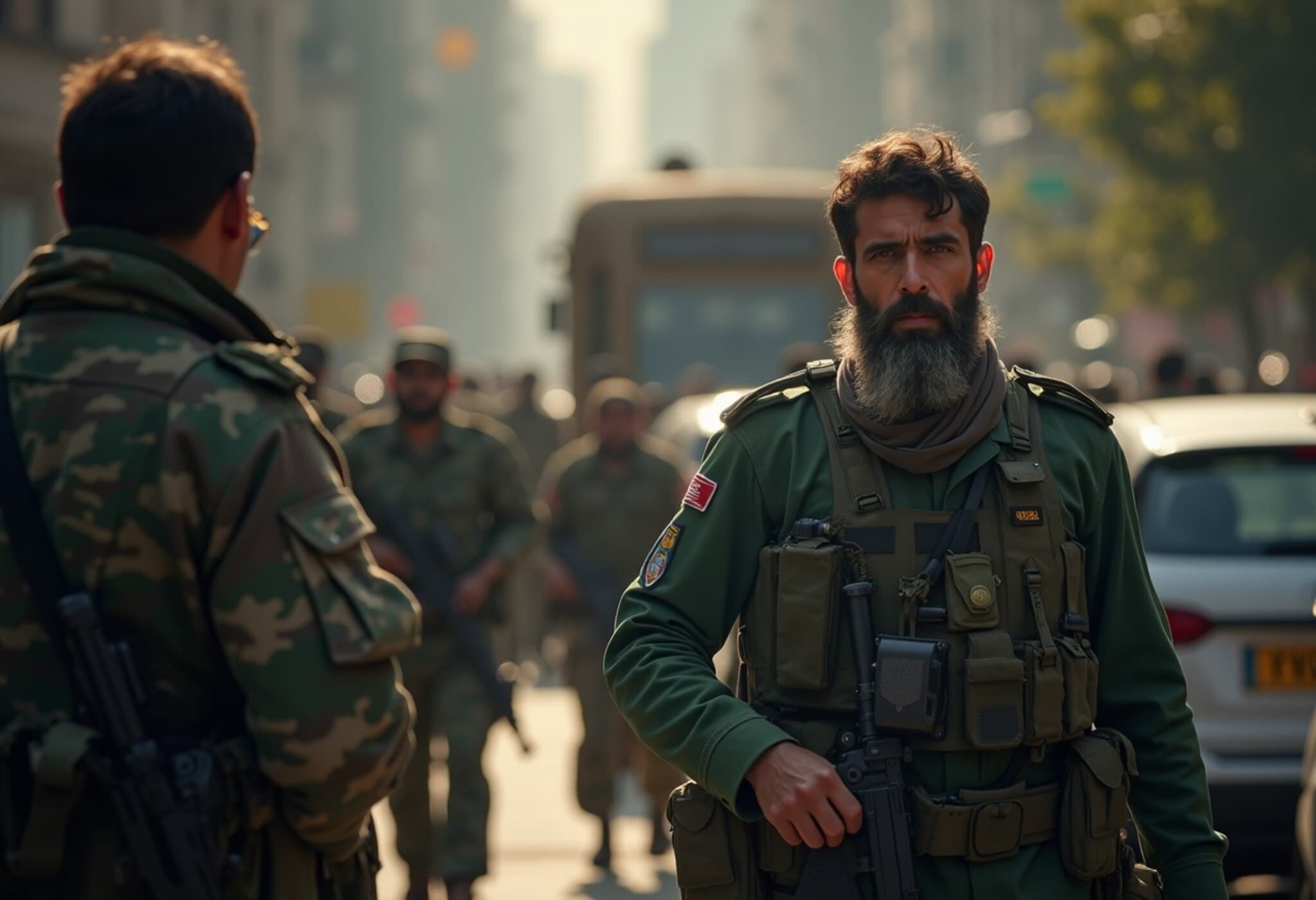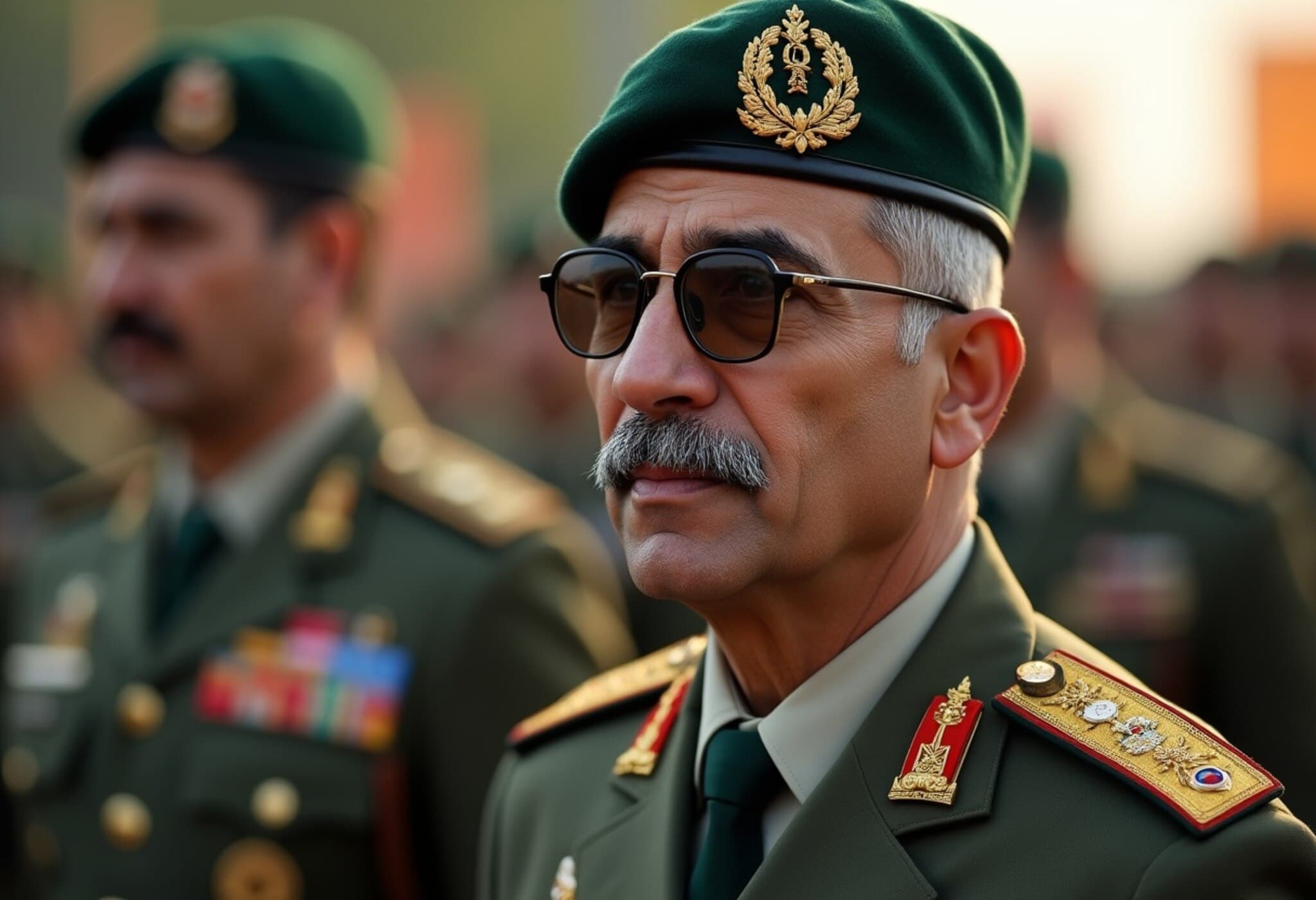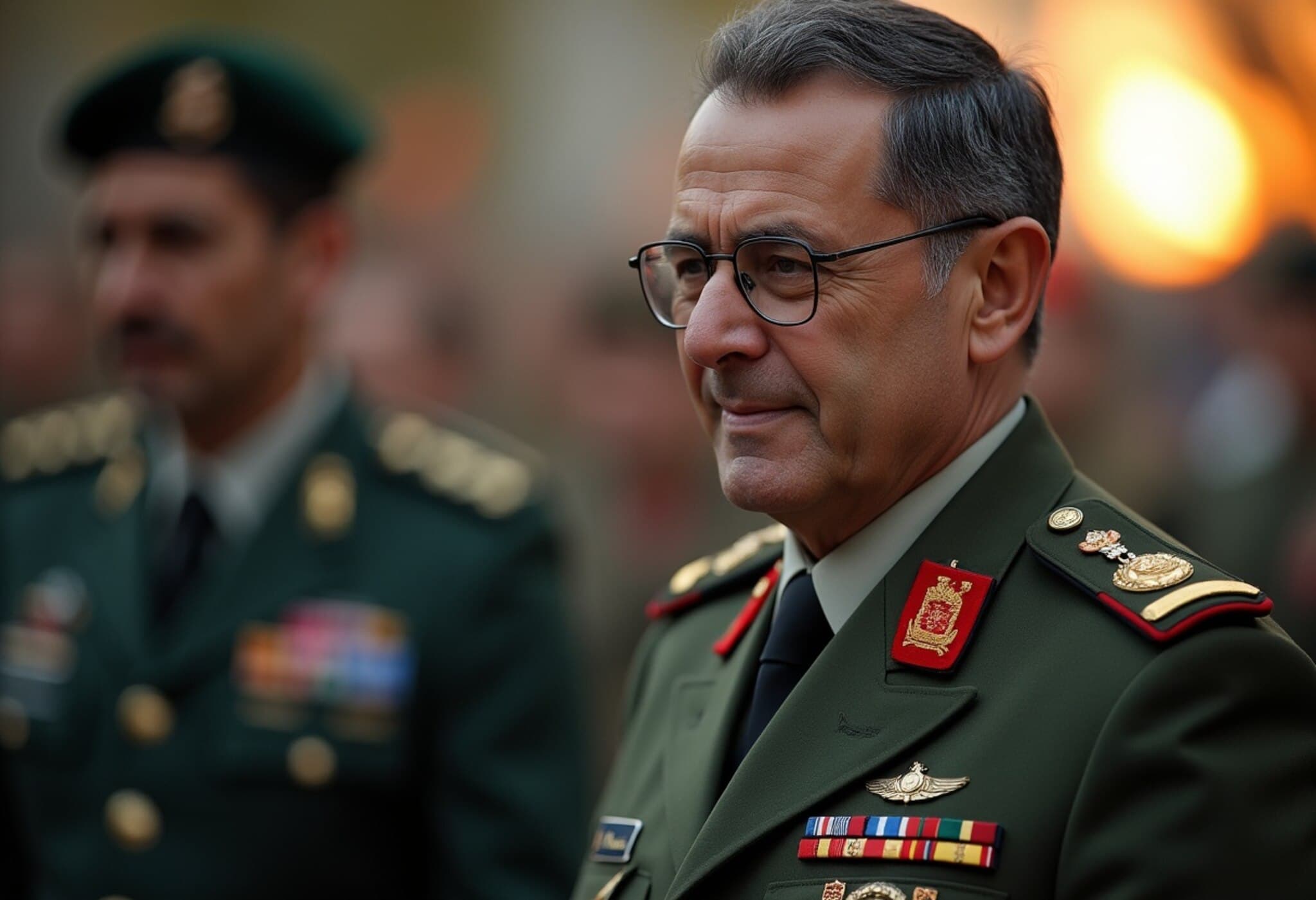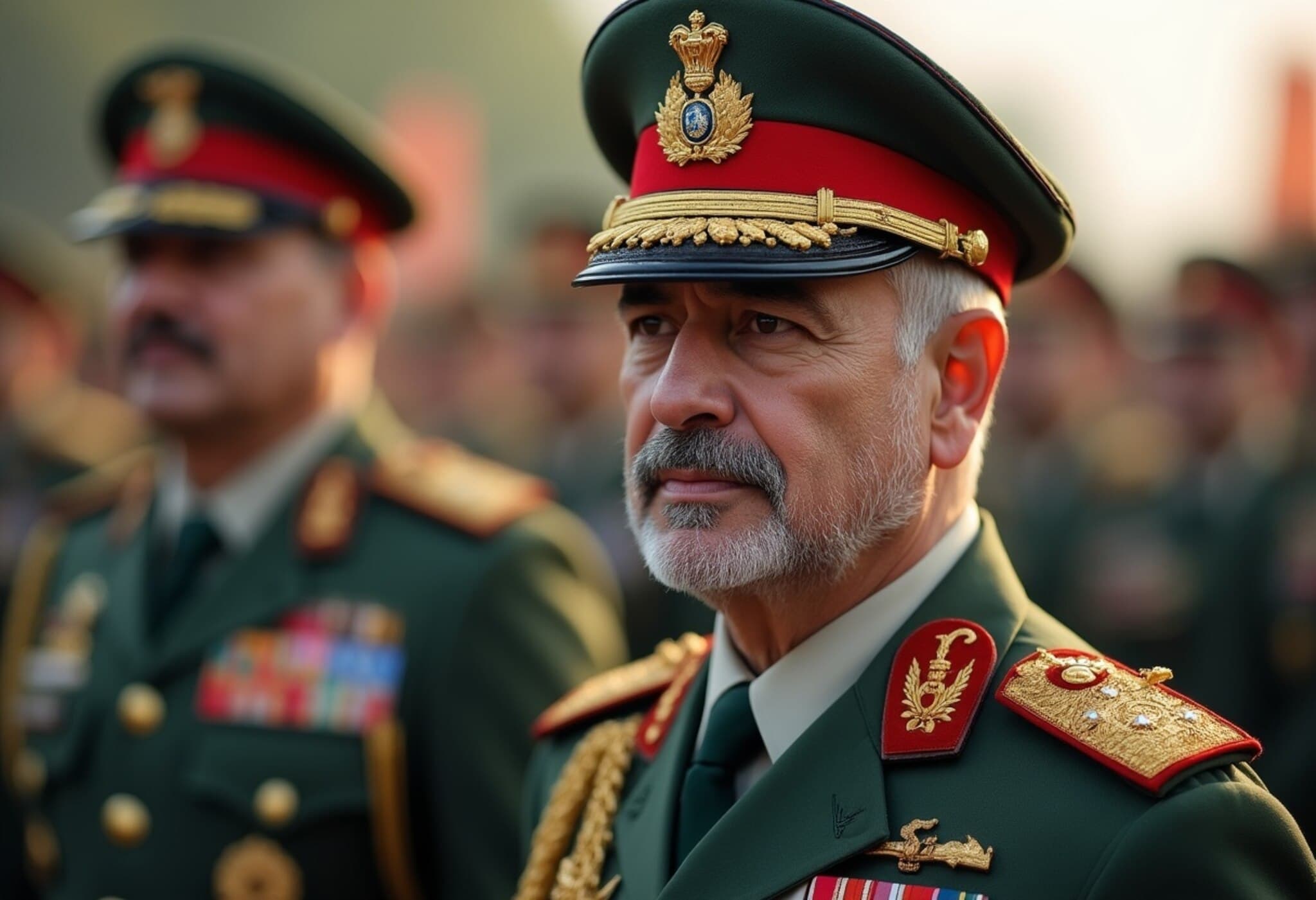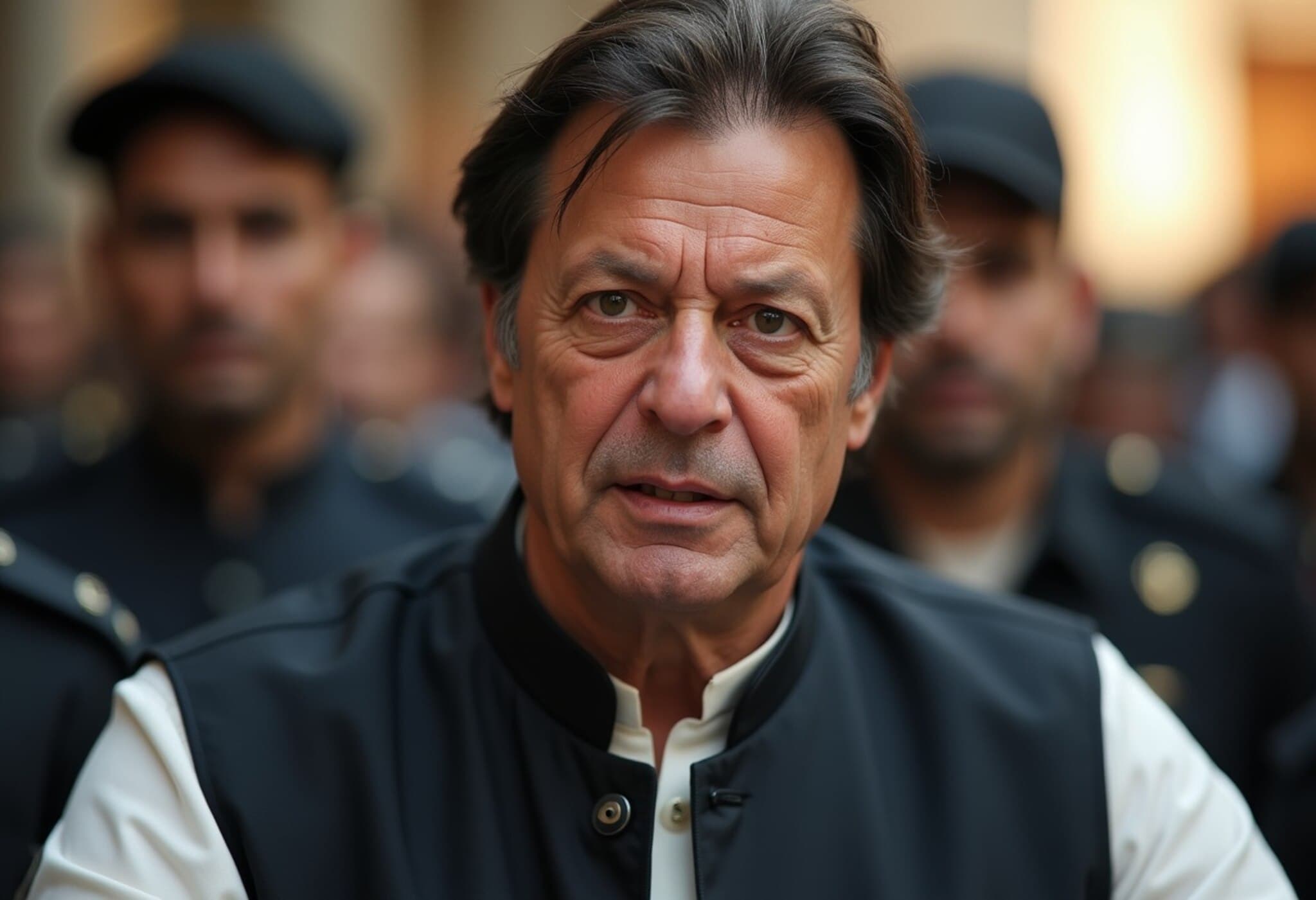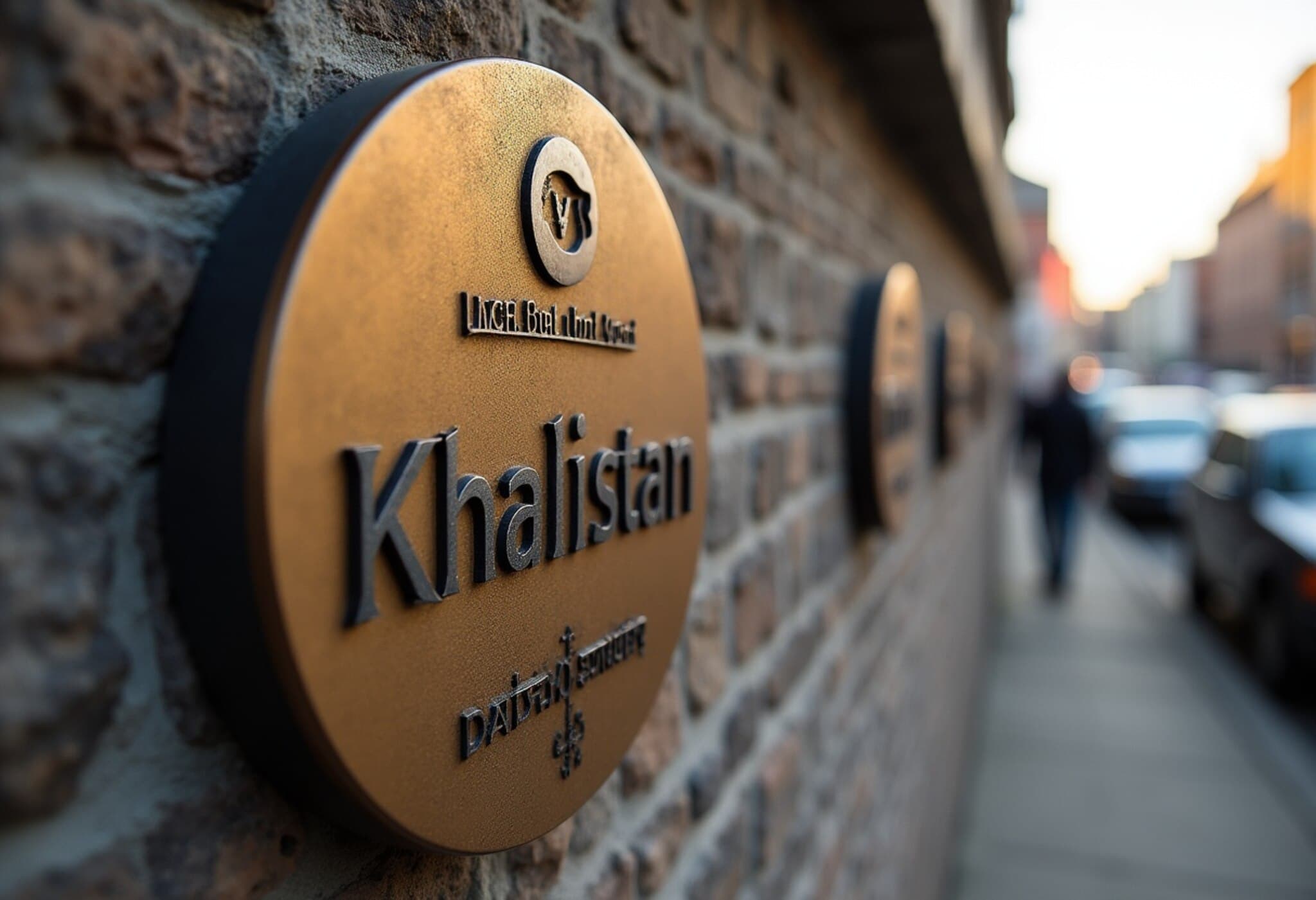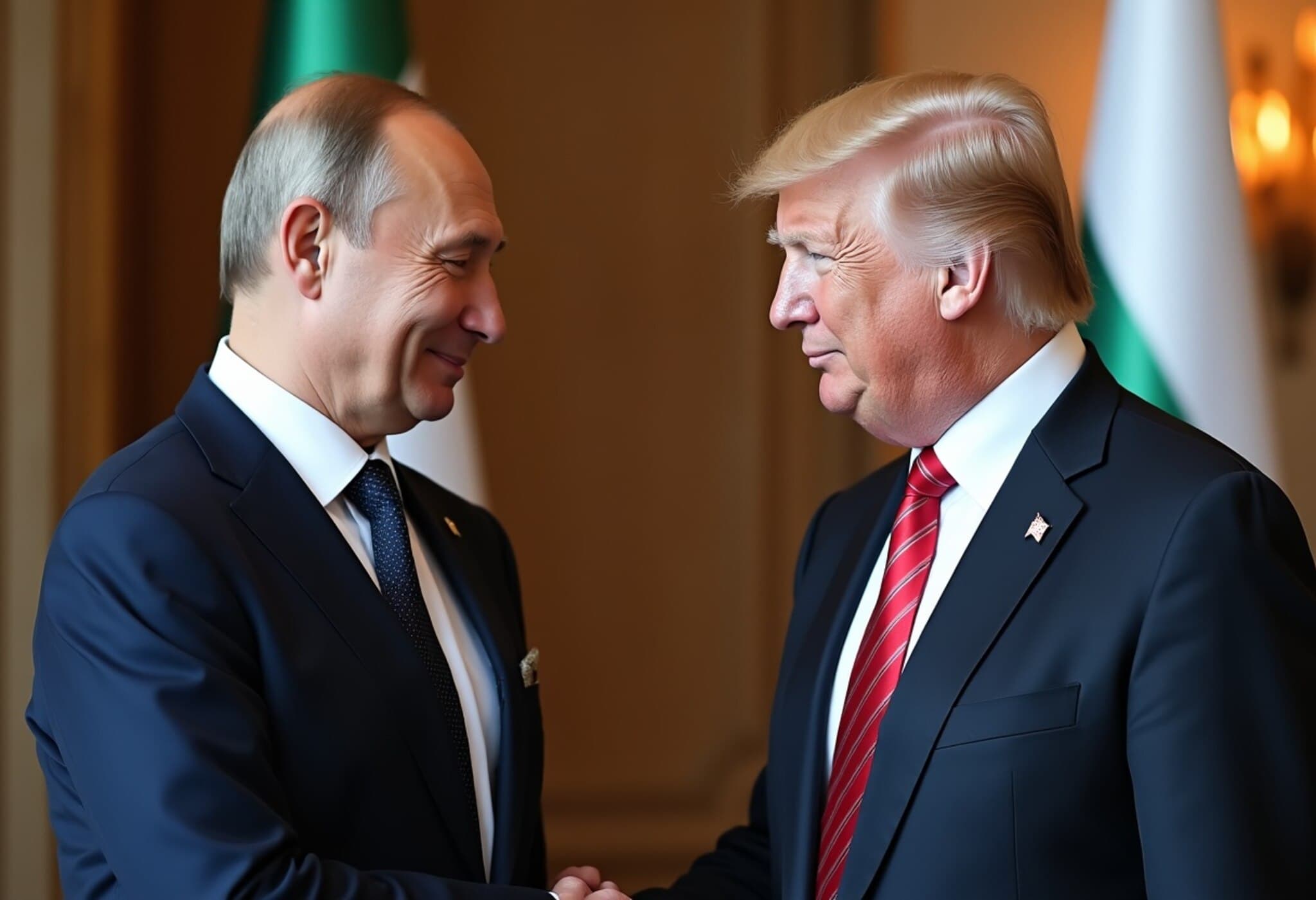Pakistan’s Military Chief Asim Munir Returns to US Amid Geopolitical Shifts
In a striking development that underscores a nuanced recalibration of Pakistan-US relations, Field Marshal Asim Munir, Pakistan’s Army Chief, is set to visit the United States for the second time within a mere two months. This visit not only highlights the growing military cooperation between Islamabad and Washington but also casts a spotlight on the deepening political fissures inside Pakistan and within its diaspora.
Purpose of Visit: Honoring Military Ties
Field Marshal Munir’s current trip centers around his participation in the farewell ceremony of US Central Command (Centcom) commander General Michael E. Kurilla, scheduled to take place in Tampa, Florida. This follows Kurilla’s own visit to Pakistan in July – a trip marked by the bestowal of Pakistan’s prestigious Nishan-e-Imtiaz (Military) on the American general, recognizing his role in strengthening bilateral defense cooperation.
Building on Diplomatic Milestones
Just two months prior, Munir was invited to a private lunch at the White House hosted by then-President Donald Trump — a diplomatic gesture of notable significance, as no Pakistani military leader had received such treatment without accompanying civilian officials. Trump publicly commended Munir for his diplomacy in defusing a volatile situation following a terror attack in Pahalgam, even suggesting that the general played a crucial role in averting potential nuclear escalation. However, Indian officials counter that a mutual understanding between both nations, rather than individual influence, was key to halting hostilities.
Controversy and Protests Highlight Divisions
Despite the warming military ties, Munir’s visits have sparked protests from supporters of former Prime Minister Imran Khan, particularly within the Pakistani diaspora in the US and Europe. On August 5, coordinated demonstrations erupted across multiple cities, demanding Khan’s release and condemning the military’s crackdown following the events of May 9, 2023.
- Protesters chanted slogans labeling Munir a “mass murderer” and “dictator.”
- A prominent digital billboard in New York’s Times Square went further, branding Munir as a “fraud” and “liar.”
- Similar protests were witnessed during Munir’s June visit, signaling persistent opposition to military dominance.
Critics claim these high-profile military engagements, conducted without civilian government participation, deepen the narrative of Pakistan’s military overshadowing democratic institutions. The Pakistan Tehreek-e-Insaf (PTI) party continues to accuse the military of establishing a “civilian façade” to legitimize its control.
Why Is the US Re-engaging with Pakistan’s Military?
From a strategic perspective, the US views Pakistan’s military as a critical partner, especially amid heightened regional instability. At a congressional hearing in June, General Kurilla praised Pakistan’s role in counterterrorism efforts, notably crediting it with aiding the capture of ISIS-Khorasan operatives through close intelligence sharing.
Given ongoing tensions in the Middle East and China’s increasing influence over South and Central Asia, Washington appears intent on strengthening military ties with Islamabad as part of its broader geopolitical calculus.
Pakistan’s Broader Strategic Offers
- Proposals include duty-free access to rare earth minerals, a resource critical to modern technology.
- Cooperation on emerging tech sectors and cryptocurrency regulation is on the table.
- Efforts to expand trade relations, with the military playing a decisive role in shaping Pakistan’s foreign policy and economic agenda.
Domestic Implications and International Perspectives
Munir’s growing prominence internationally, juxtaposed with his exclusion of civilian counterparts, has reignited debates about Pakistan’s power dynamics. Observers worry about a shift towards authoritarianism as democratic spaces shrink and former Prime Minister Imran Khan remains imprisoned.
Online opinion remains polarized. While some view Munir’s diplomatic engagements as pragmatic and beneficial for Pakistan’s global standing, others see them as tacit endorsements of military overreach, a sentiment heightened among PTI supporters who regard Washington’s embrace as undermining democratic norms.
Looking Ahead: Navigating a Complex Crossroads
As Asim Munir heads to Tampa for the US military ceremony, he faces a delicate balancing act: to consolidate Pakistan’s international military partnerships while addressing the growing dissent both domestically and within the diaspora. The resilience of Pakistan’s military authority persists, but so too does an increasingly vocal and organized resistance calling for democratic restoration.
Expert Insight
From a policy analyst’s perspective, this sequence of high-level military diplomacy accentuates the enduring challenge Pakistan faces in balancing its national security imperatives with democratic governance. The US, meanwhile, walks a tightrope — leveraging military cooperation to maintain regional stability without fully confronting Pakistan’s internal political complexities.
Questions for Consideration
- Can military-led diplomacy yield sustainable peace in South Asia without inclusive civilian governance?
- How will the ongoing protests within the Pakistani diaspora influence American foreign policy?
- What are the long-term implications for democracy in Pakistan as military influence expands?
Field Marshal Asim Munir’s rapid succession of visits to the US encapsulates Pakistan’s complex interplay of internal politics and international strategy. While the growing military partnership with Washington could enhance regional security cooperation, it also raises critical questions about the future of democracy in Pakistan. The juxtaposition of diplomatic warmth and diaspora protests vividly illustrates the nation’s ongoing struggle for political equilibrium and legitimacy on the world stage.

